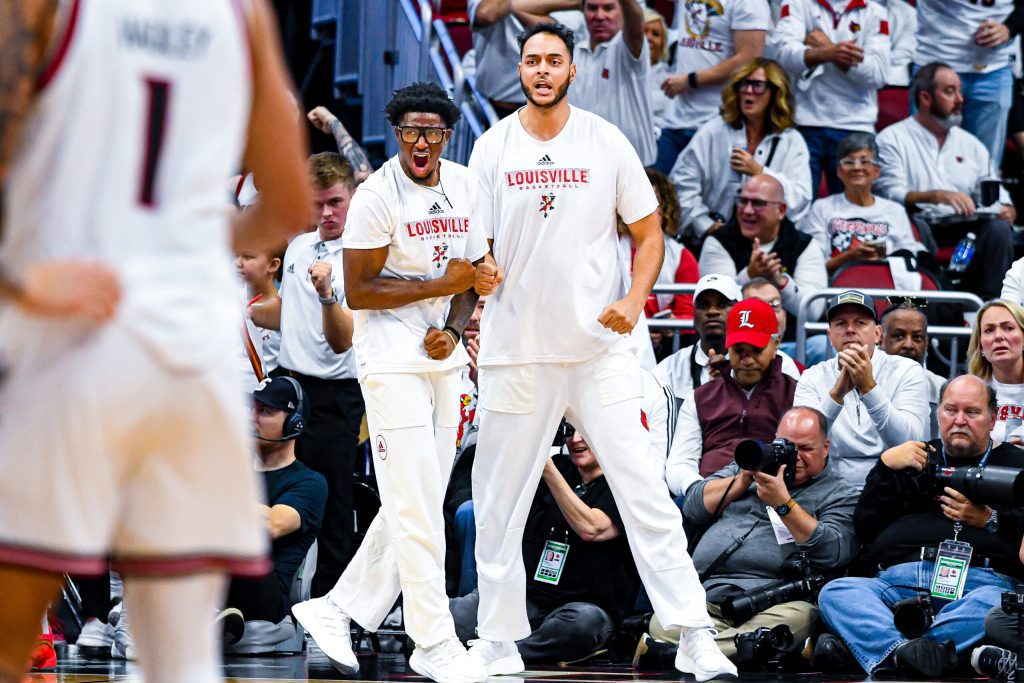Why the NCAA Should be Renamed “Not Competent At All” After Ruling on Aly Khalifa
The NCAA stands as a perplexing organization—not in a humorous sense, but more akin to the unpleasant odor of a landfill next to a pet food factory during a heatwave. In a baffling and frustrating decision, the NCAA has denied Louisville basketball center Aly Khalifa an extension on his five-year eligibility. This extension would have allowed him to play a fourth season due to last year’s knee surgery that sidelined him.
The reaction from the basketball community has been one of astonishment and disillusionment, as this ruling has caused an uproar reminiscent of a terrible smell wafting from a refuse site.
At 6-foot-11, Khalifa is a unique player, possessing the skills of an elite guard while standing tall. After losing fifty pounds during his rehab and training with coach Kelsey’s system, Khalifa was expected to be a key player for Louisville this season. However, the NCAA appears intent on sidelining him.
Khalifa’s Basketball Journey
To summarize Khalifa’s collegiate career: he redshirted at Charlotte during the 2020-21 season, then played for two years before transferring to BYU, where he was under coach Mark Pope. Khalifa joined Louisville last season but couldn’t play due to knee issues, practicing only from January onward.
This totals three years of college basketball, yet his redshirt year during COVID-19 has seemingly been disregarded by the NCAA, which is puzzling to many.
Hypocrisy in Eligibility Decisions
In an era with transformative changes in college basketball driven by NIL deals and player transfers, many athletes are granted extra eligibility. For example, Gonzaga’s Khalif Battle earned extensions despite injuries limiting his playtime. In contrast, Khalifa’s request was denied despite not having played a season.
By denying Khalifa’s waiver, the NCAA’s stance appears hypocritical, highlighting its diminishing relevance in college sports.
Khalifa’s Appeal
Khalifa has enlisted legal help to appeal the NCAA’s decision, a process many observers believe he is likely to win. He should be eligible based on his redshirt year’s conditions and his knee surgery. Moreover, he was allowed to transfer to Louisville, which should simplify his eligibility approval.
Khalifa’s Impact
Regardless of whether Khalifa plays, Coach Kelsey has built a competitive roster. However, if Khalifa’s appeal fails, the team’s front court could face challenges. Khalifa is regarded as a transformative player, one who can significantly impact the game, as noted by Coach Pope.
Ultimately, Khalifa is a dedicated student-athlete with a limited collegiate experience. If anyone deserves another year of eligibility, it is him. Yet, history shows that the NCAA frequently falls short on justice for Louisville’s athletes.



